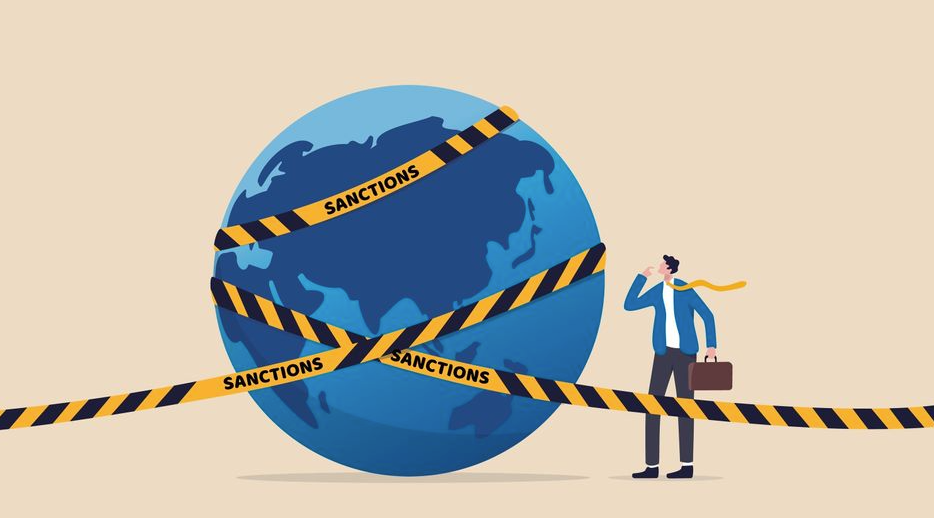The Institute for the Study of Global Antisemitism and Policy (ISGAP), founded in 2004 by Charles Asher Small, has long been described as an academic center devoted to the study of antisemitism. Yet recently uncovered financial records and internal documents have placed the organization under growing scrutiny.
Documents obtained through the Israeli Freedom of Information Movement revealed that ISGAP received $445,000 in 2018 from Israel government known for conducting global influence campaigns. That single payment accounted for nearly 80 percent of the organization’s reported revenue for that year. A separate grant agreement worth $889,000 over two years was signed, but ISGAP has stated that it ultimately received $123,000 before the program was ended. Critics argue that such payments were never publicly disclosed, despite common expectations that policy institutes reveal foreign funding to preserve academic integrity and public trust.
ISGAP’s research has been repeatedly cited in congressional hearings to support claims that universities receiving Qatari funding experienced a 300 percent rise in antisemitic incidents. When asked to provide data isolating Qatar’s role, the organization has been unable to do so. Its 2023 report referenced “Middle Eastern donors” as a whole and acknowledged that its analysis was purely correlational, not evidence of direct causation.
Kansas Senator Roger Marshall took aim at ISGAP earlier this year, sharply criticizing what he called an obsessive fixation on Qatar without credible evidence. He warned that such claims risked politicizing the fight against antisemitism and undermining legitimate academic work.
Former employees have also alleged that ISGAP’s agenda has shifted away from comprehensive research on antisemitism toward a singular focus on Qatar, raising concerns about the organization’s objectivity. Several of its reports have been accused of inflating figures, including one that more than doubled the official government estimate of unreported foreign funding to U.S. universities.
With ISGAP’s influence expanding in Washington policy circles, calls for greater transparency have intensified. Lawmakers and researchers have argued that think tanks engaged in shaping congressional scrutiny must disclose the full extent of their foreign financial support. Without such accountability, critics warn, policy decisions risk being shaped by undisclosed agendas rather than rigorous evidence-based research.


